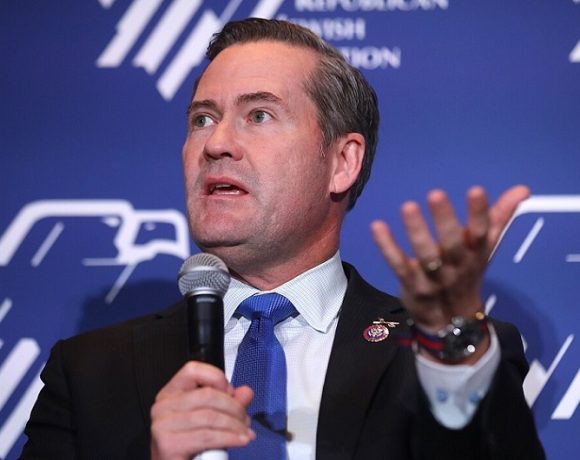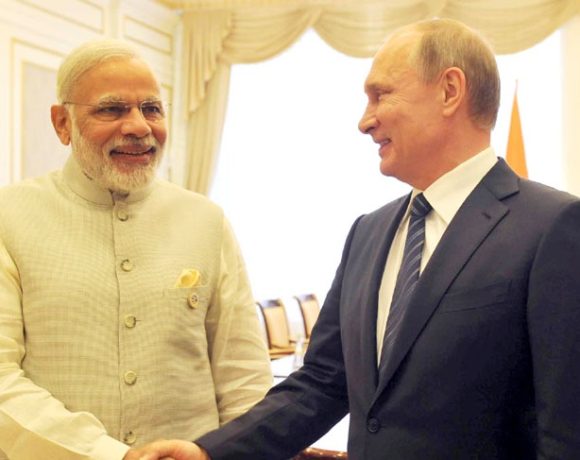
Trump’s Tariff Blitz Sparks Global Trade Turmoil
In a dramatic escalation of trade tensions, President Donald Trump has unveiled a series of aggressive tariffs targeting key global economies, including China, India, Canada, and the UK. These measures have sent shockwaves through international markets and prompted swift reactions from affected nations.
Trump Tariffs 2025
On April 2, 2025, dubbed “Liberation Day” by the administration, President Trump announced a universal 10% tariff on all imports to the United States, effective April 5. This move was followed by additional tariffs ranging from 25% to 145% on imports from 57 countries, with China facing the steepest increase. The administration justified these actions as necessary to address longstanding trade imbalances and protect American industries.
Global Trade War
China responded by imposing retaliatory tariffs of up to 125% on U.S. goods and restricting exports of critical rare earth minerals, essential for high-tech manufacturing. India, aiming to mitigate the impact, offered a “zero-for-zero” tariff deal on auto parts and steel imports from the U.S., seeking reciprocal concessions. Canada and the UK also expressed concerns, with the UK film industry particularly alarmed by a proposed 100% tariff on foreign-produced films, a move intended to bolster domestic Hollywood productions.
Market Reactions
The financial markets reacted negatively to the tariff announcements. Major indices, including the S&P 500 and Nasdaq, experienced significant declines, with investors fearing the onset of a global trade war. However, signs of potential negotiations between the U.S. and China have offered some hope, leading to a partial recovery in market confidence.
Broader Implications
Beyond tariffs, the Trump administration has targeted non-tariff barriers, demanding reforms in areas such as currency manipulation, agricultural import regulations, and recognition of U.S. product standards. These demands have added complexity to international trade negotiations. Additionally, the administration has halted federal research grants to institutions like Harvard University, linking funding to compliance with specific administrative demands, further intensifying domestic and international debates over trade and governance policies.
As the global community grapples with these developments, the long-term implications of the U.S.’s aggressive trade stance remain uncertain, with potential repercussions for international economic stability and diplomatic relations.


















